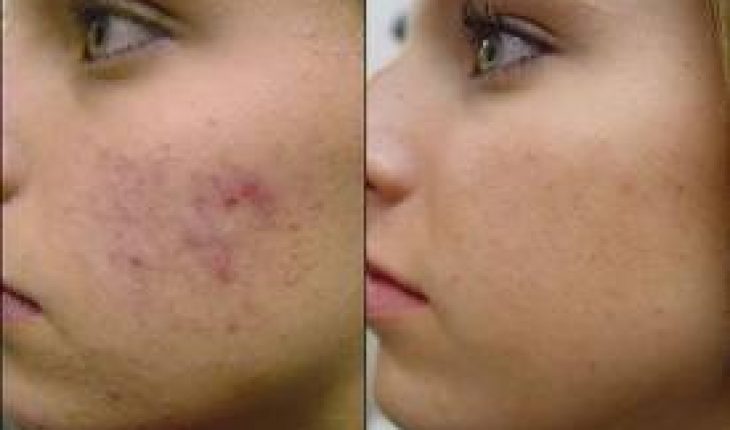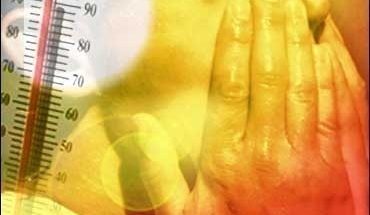What is acne?
Acne, or more specifically, acne vulgaris is a disease of the skin that causes the formation of blackheads, whiteheads, pimples and cysts. Acne typically affects the face, chest and back. These areas have a high number of sebaceous follicles that may become blocked with oil, thereby allowing the proliferation of p-acne bacteria. Once the bacteria begins to spread, pimples and cysts appear on the surface of the skin. Acne may be categorized as mild, moderate or severe depending on the symptoms and areas affected. The condition usually appears in the teenage years and subsides closer to adulthood.
Some Useful Acne Home Remedies
If you do not want to rely on harsh chemicals for the treatment of your acne, you may consider the alternative: acne home remedies. These treatments can be very effective if used in conjunction with good eating and cleansing habits. This means that you will need to follow a routine of applying the home made products regularly and also sticking to a diet that will ensure your skin condition will improve.
Increase your intake of specific vitamins and minerals
Getting the correct amount of nutrients daily is essential in the fight against acne. Zinc, vitamin A, B and E have all been found to be very effective in reducing acne outbreaks and improving skin clarity. The best food sources for each of these compounds are:
- Zinc- pork, chicken, beef, lamb, turkey, clams, salmon, lobster, beans, peanuts, milk and cheese.
- Vitamin A- carrots, pumpkin, broccoli, turnip, spinach, milk, butter, cheese and eggs.
- Vitamin B- milk, liver, kidney, fish, clams and oysters
- Vitamin E- green leafy vegetables, margarine, vegetable oil and wheat germ.
Make a paste or mask with natural products
Combine 4 drops of lemon juice with 1 tablespoon sour cream, 1 tablespoon ground oatmeal and 1 tablespoon yogurt. Apply to the face and neck area and allow to stand for 10-15 minutes. You may lie down and place cucumber slices over your eyes to simultaneously rejuvenate the eye area. Wash your face thoroughly with warm water and pat dry with a towel.
Mix one part sandalwood and one part black gram in a container. Dip a cotton ball in a bit of rose water and wipe all over your face. Once your face has been adequately saturated with the rose water apply the paste and let it remain overnight. Wash off with cool water. Your skin should look noticeably less inflamed and pimples will appear significantly smaller. Do this at least twice per week for best results.
Take advantage of garlic’s natural antibacterial properties
Garlic has antibacterial properties that can help get rid of acne causing bacteria. You may crush a clove of garlic and massage it directly on the skin. This will visibly reduce active pimples and cysts. However, for a more comprehensive treatment eat 2 cloves of garlic daily. This will help to cleanse your internal system and reduce the production of p-acne bacteria that initiates the formation of papules and pustules.
Use a citrus based remedy
Lemons, limes and oranges have the potential to reduce acne by helping the skin shed naturally. When dead skin is removed from the epidermis regularly, oil will not get trapped in the pores. Maintaining clean and clear pores reduces the likelihood that pimples, cysts whiteheads and blackheads will form. The juice of either fruit can be squeezed and then applied to the skin with a cotton ball daily. If you find that the mixture is overly irritating use honey or aloe vera to soothe the skin.
Improve your diet
Studies are now suggesting that while foods do not necessarily cause acne they can provoke it. Therefore, people with acne should stay away from foods that are high in sugar. In addition, eating foods that contain a generous portion of fiber have been found to greatly improve overall skin condition.
Drink plenty of water
Try to drink at least 4 glasses of water daily. Hydration is very important in helping to keep the skin clear. However, do not drink excessive amounts of water as this can lead to hyper-hydration or water poisoning.





